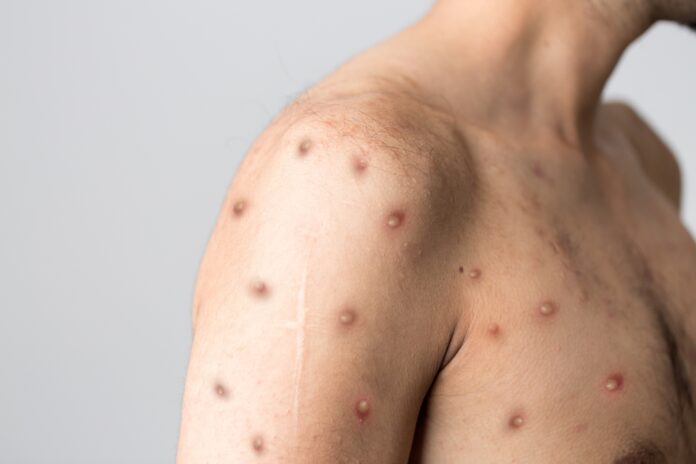
Monkeypox is a rare orthopox virus that is similar to smallpox. It occurs mostly in western and central parts of Africa, but more recently, cases have been found in the United States and other countries.
How did monkeypox come about?
Monkeypox was discovered in 1958 when there were two cases that broke out in a group of monkeys that were being used in research. However, monkeypox does not come from monkeys anymore. Scientists aren’t sure what animal monkeypox now comes from, but they think it comes from and spreads through small rodents and squirrels in African rainforests. There are two strains of monkeypox: Central African monkeypox and Western African monkeypox. The infections caused by Central African monkeypox are more severe and more deadly than West African monkeypox.
Where else is monkeypox found?
Most cases of monkeypox are in the Democratic Republic of Congo, but there had never been a case outside of Africa until the spring of 2003 when monkeypox reached the United States.
As of May 2022, several monkeypox cases have been found in Australia, Europe, and North America. None of the people affected had recently traveled to the areas in central or west Africa where monkeypox is more common, such as the Democratic Republic of Congo and Nigeria.
What are the signs and symptoms of monkeypox?
Early indicators of monkeypox are flu-like symptoms, such as fever, chills, and headaches.
One to three days after being infected, you will develop a rash that causes raised bumps. This rash will start on your face and spread to the rest of your body, including the palms of your hands and the soles of your feet. The rash is made up of flat, red bumps that turn into pus-filled blisters that crust over and fall off after several days.
Anyone can get monkeypox, but it is more common in children. Ninety percent of cases in Africa have been among children younger than 15 years old.
Monkeypox usually lasts two to four weeks. It is milder than smallpox, but monkeypox has been fatal in up to 10% of cases.
How can I prevent getting monkeypox?
The smallpox vaccine has been shown to prevent monkeypox, but it is currently only given to people who work in a lab where they are exposed to the smallpox virus.
You should avoid having contact with infected animals and people. If you come into contact with an infected animal or person, you should wash your hands with soap and water afterward. If you are caring for someone who has the virus, you should use personal protective equipment (PPE) while you are in contact with them.
You should also avoid touching or sharing bedding and other materials used by infected humans or animals.
Finally, be sure to thoroughly cook all foods that contain animal products.


















